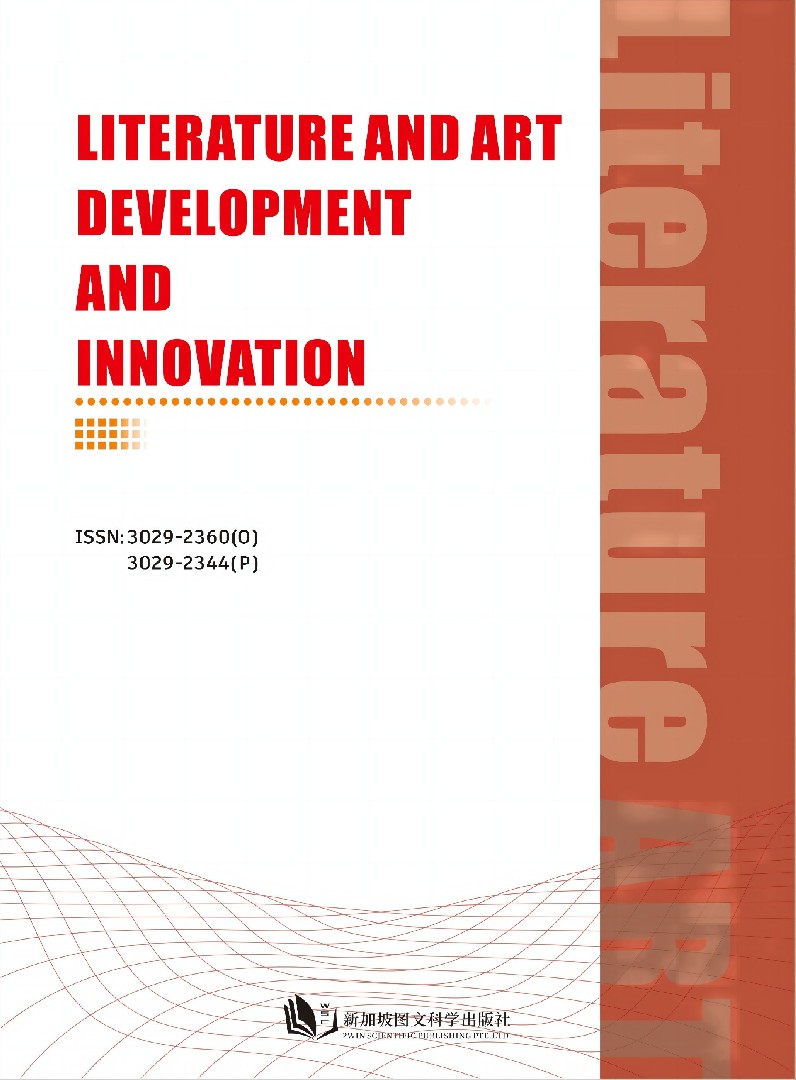作者
Shuting Liu
文章摘要
The economy of the society in the present generation is becoming more and more advanced.This cannot be disconnected from the fact that the entertainment which the spirit provides is also becoming increasingly advanced. Education and learning are among the topical issues in society that is dynamic. In this paper, education and learning are taken as two related and mutually supporting concepts. It is possible to suggest that Cognitivism’s learning theory would provide a new approach to the issue of education and would enable providing a thorough analysis of the possibilities of improving student guidance and learning in an independent manner. This paper looks at cognitivism in relation to education by evaluating existing literature; delineating what cognitivism believes to be crucial to learning; and detailing the theory’s background. It also presents teachers new ideas on how they can assist children to learn. At the meantime, under the analysis of the learning theory adopting the cognition found in the article, it will also reinforce the reader’s appreciations of cognitivism and let the reader know how to improve the learning efficiency and maintain the learning status.
文章关键词
Cognitivism; Educational perspective; Self-improvement
参考文献
[1] Anderson, J. R. (2014). Cognitive Psychology and its implications.
[2] Bahrick, H. P. (1984). Associations and organization in cognitive psychology: A reply to Neisser. Journal of Experimental Psychology. General, 113(1), 36–37.
[3] Neisser. (1976).Journal of Experimental Psychology. General, 113(1),36–37.
[4] D, C. P., Rosch, E., & Loyd, B. B. (1979). Cognition and categorization. the American Journal of Psychology/ American Journal of Psychology, 92(3), 561.
[5] Greenwald, A. G., & Banaji, M. R. (1995). Implicit social cognition: Attitudes, self-esteem, and stereotypes. Psychological Review, 102(1), 4–27.
[6] Gerardot, J. M. (1978). Piagetian Theory and the helping Professions. Physical Therapy, 58(6), 800.
[7] Harold, J. (2012). Cognitivism, non-cognitivism, and skepticism about folk psychology. Philosophical Psychology, 25(2), 165–185.
[8] Lesgold, A. M., Pellegrino, J. W., Fokkema, S. D., & Glaser, R. (1978). Cognitive Psychology and Instruction. In Springer eBooks
[9] Markus, H. R., & Kitayama, S. (1991). Culture and the self: Implications for cognition,emotion, and motivation. Psychological Review, 98(2), 224–253.
[10] Neisser, U. (1976). Cognition and reality: Principles and implications of cognitive psychology. http://psycnet. apa.org/record/2003-00066-000.
[11] Stoerig, P. (1987). Relevance. Communication and cognition. Neuropsychologia, 25(4) 744–745.
[12] Pan Guanghua & Zhang Zuxia.(2005). A comparative study of cognitivismlearning theory and educational innovation concept. Science of Contemporary Education (21),43-45. doi:CNKI:SUN:SDJK.0.2005-21-018.
[13] Wu Zhipeng & Wu Qinglin.(2010). Cognitivist view of Learning and situationist.
[14] Lai J L. (1995). Criticism of the value theory of cognitivism. Fujian Forum (Literature,History and Philosophy Edition)(01),8-14.
[15] Smith, E. (2001). Cognitive Psychology: History. In Elsevier eBooks(pp. 2140–2147).
[16] Li na. (2021). The expression of cognitivism doctrine (Ph.D. Dissertation, university of shandong). https://kns.cnki.net/KCMS/detail/detail.aspx?dbname=CDFDLAST2021&filename=1021033157.nh.
[17] Wang P. (2002). Exploration of cognitivist Learning Theory... (eds.) Summary of papers of the 10th Academic Conference of Shandong Psychological Society (pp.9).
Full Text:
DOI
